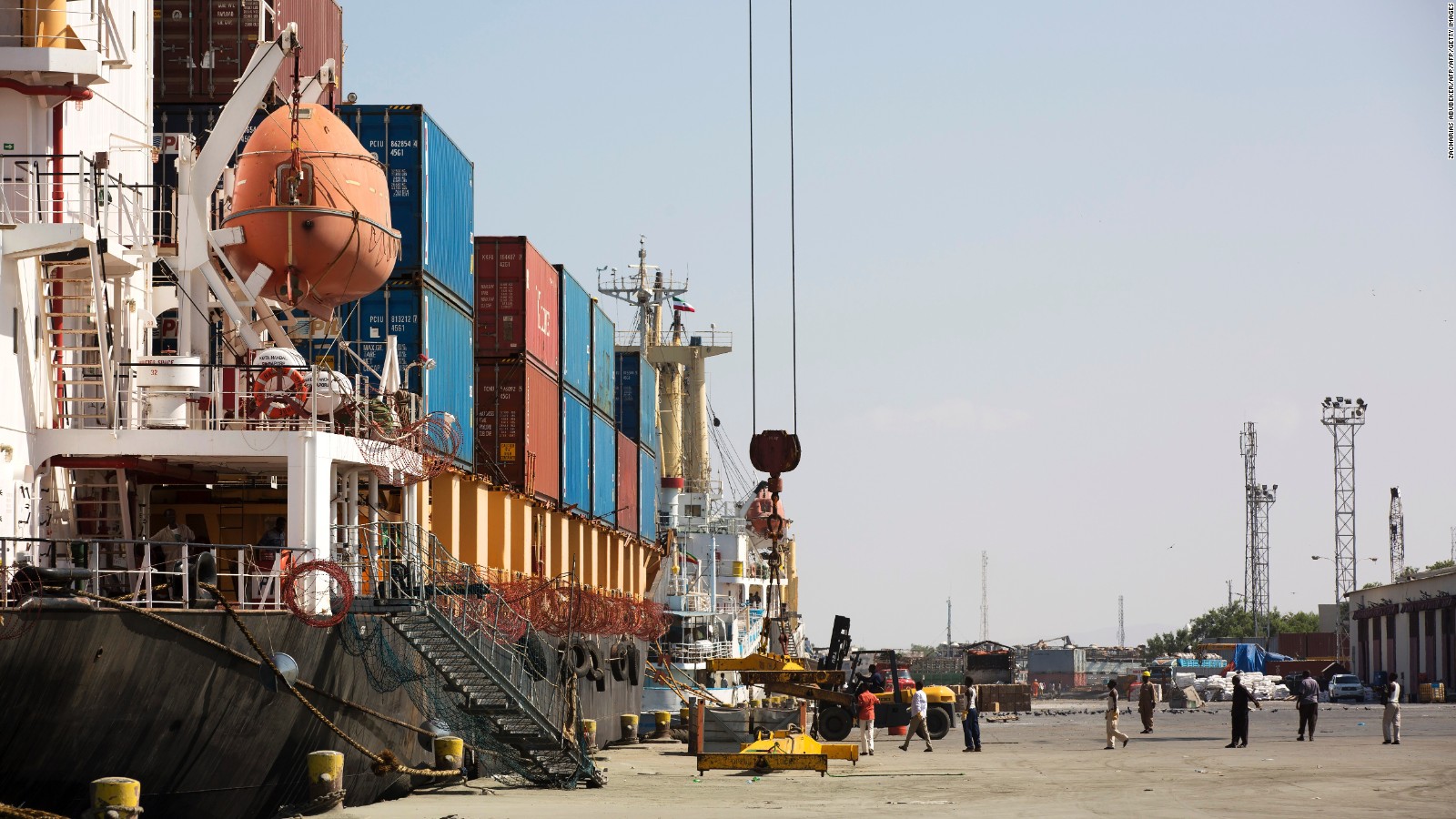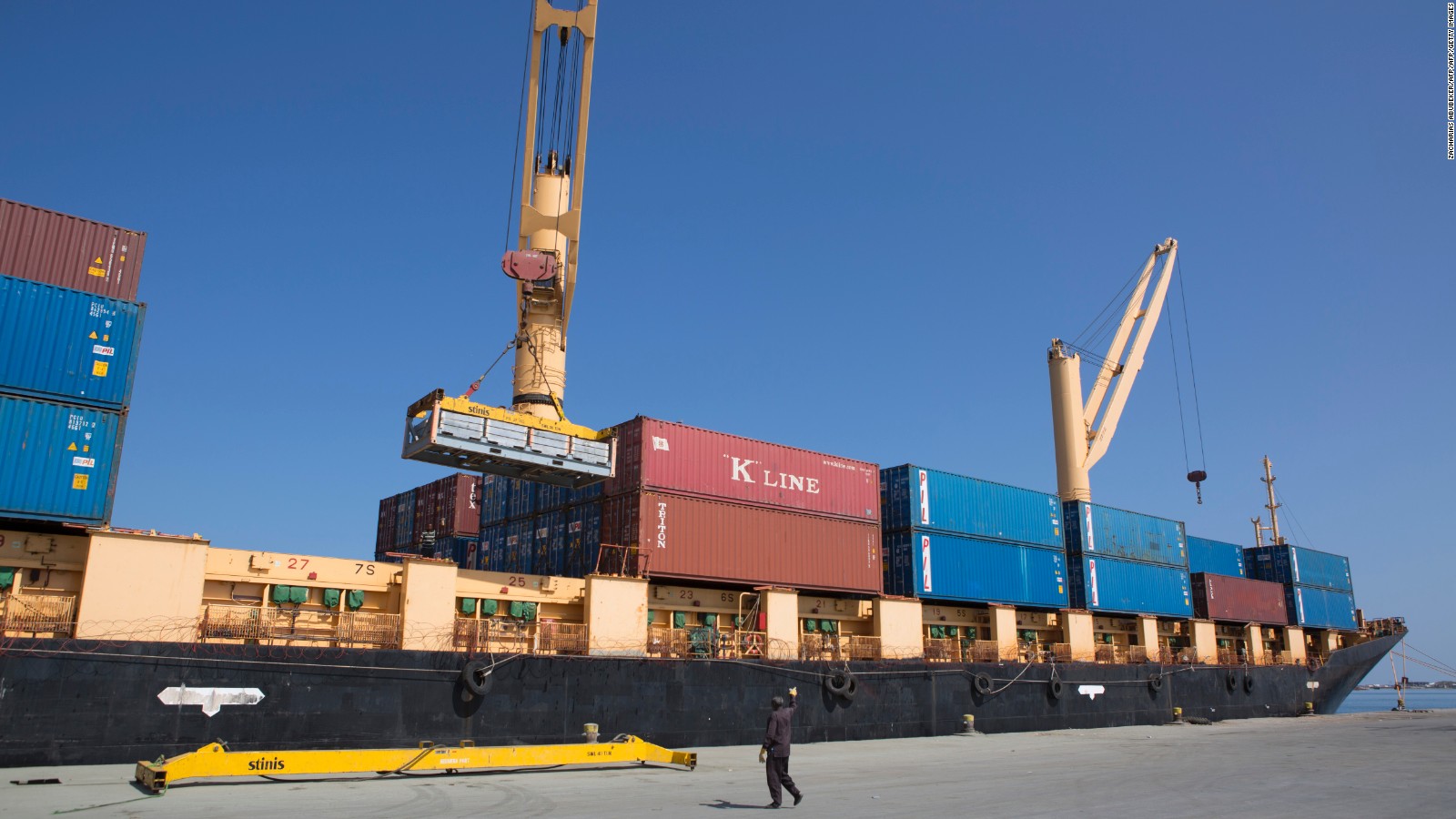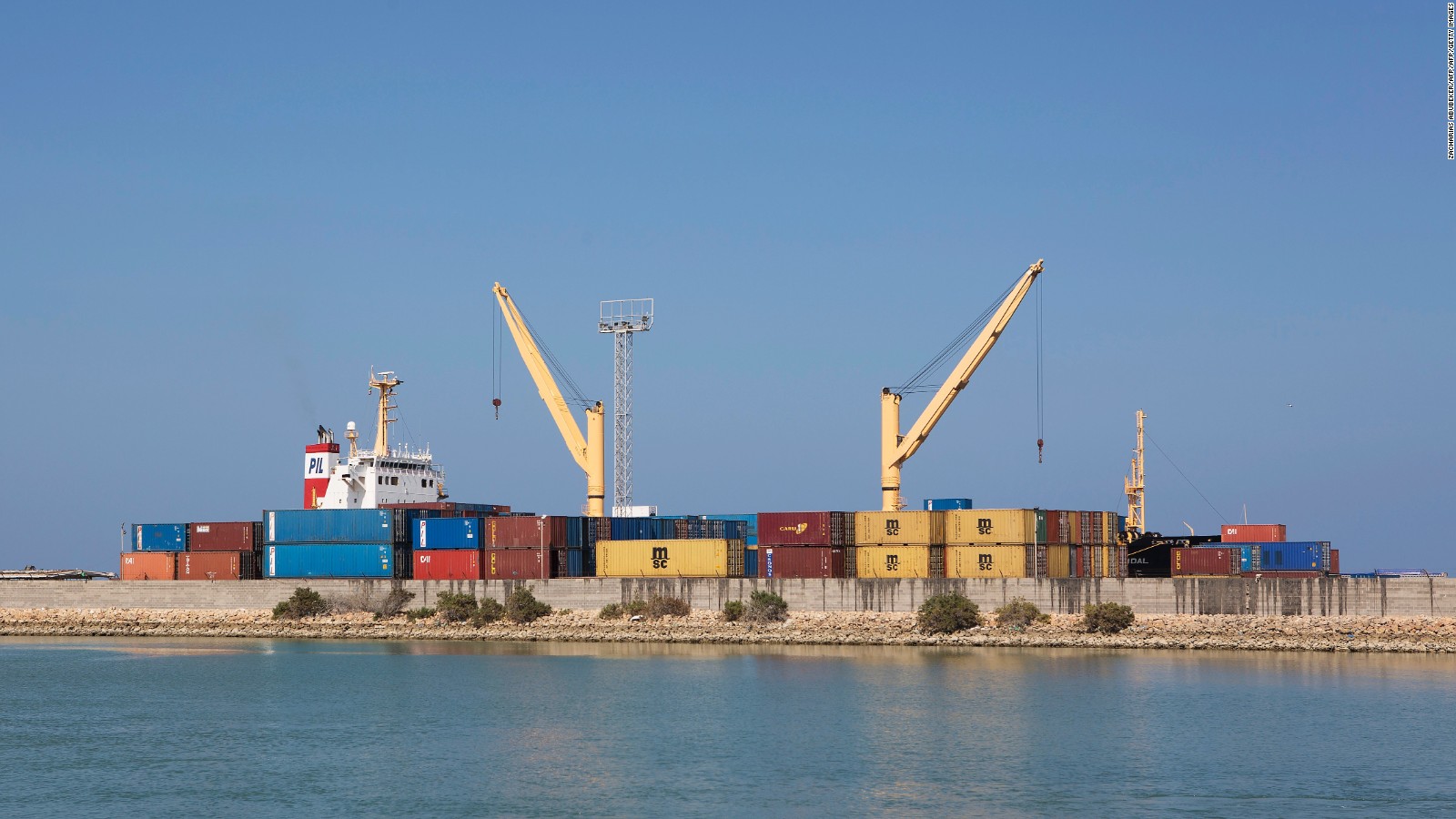By Chris Giles, CNN
Updated 1321 GMT (2121 HKT) August 1, 2017

Loading a cargo ship in the Port of Berbera in Somaliland, which is about to receive a major overhaul.
Story highlights
- Somaliland to receive record foreign investment of $442 million
- Semi-autonomous region aspires to statehood
- Berbera port development will boost international standing
(CNN)The unrecognized nation of Somaliland, a semi-autonomous region of Somalia, has secured its largest ever foreign investment deal.
Dubai-based development firm DP World will pump $442 million into transforming the country's Berbera Port on the Gulf of Aden, with the ambition of creating a regional trade hub.
DP World has committed to managing the port for 30 years. The company plans to develop an ambitious new shipyard, quay, and free trade zone on the site.
The Somaliland government hopes the development will enable it to rival neighboring Djibouti as a point of entry for East African trade, and the project could also prove a much-needed economic boost.

Somaliland hopes to rival neighboring Djibouti as a regional trade hub.
State-in-waiting
Somaliland declared independence in 1991, breaking away from war-torn Somalia.
But despite maintaining relative stability and holding free elections, not a single country has recognized its statehood. The international community has prioritized the development of Somalia as a united country.
The deal with DP World represents a major coup for Somaliland as it demonstrates the country's clout on the world stage.
The investment is timely. Somaliland is blighted by youth unemployment of over 60%, and its worst drought in years has affected 1.5 million people - over 30% of the population.
The development divides opinion among the local population.
Jama Jusse Jama, the director of the Red Sea Cultural Association in Somaliland's capital Hargeisa, believes the project will create opportunities.
"Berbera Port is extremely fundamental for Somaliland," he told CNN. "(This investment) will boost the connection with the rest of Africa, especially Ethiopia. It's too early to say it's all positive, but I am confident it's a step forward."
But there are fears that land around the site will be bought up by wealthy businessmen at the expense of the wider population.
"The makeup of Berbera will definitely change," Mohamed Aden Hassan, head of local news channel StarTV, told Reuters. "It is already showing signs of becoming an increasingly exclusive club."

The port development could improve Somaliland's international standing.
Strategic location
DP World's interest in this little-known fishing town is largely explained by its location, sitting conveniently at the apex of trade routes in the Red Sea, the Gulf of Aden and East Africa.
"The Horn of Africa is a fast growing region with some of the fastest growing economies in the world," says DP World CEO Sultan Ahmed Bin Sulayem. "DP World Berbera builds on growth in the region where we are enabling trade."
The location also offers opportunities to landlocked Ethiopia, which is heavily reliant on neighboring Djibouti, with 90% of trade passing through the tiny state.
Ethiopia currently imports limited quantities of food through Berbera, but the imminent development will allow it to vastly scale up traffic through the port.
The Somaliland government claims it has an agreement for Ethiopia to take a 19% share of the port, which should deliver mutual benefits.
"Ethiopia having access to the sea is a major deal for Somaliland, and Ethiopia," says Laura Hammond, an East Africa specialist at the School of Oriental and African Studies (SOAS) in London.
"Ethiopia has already built a road up to the border with Somaliland basically advertizing the fact that they're waiting to do business."
For its part, Somaliland will gain a powerful partner and ally. Ethiopia is one of the most dynamic economies in Africa, the host nation of the African Union, and a key driver of international diplomacy.
After two decades in the economic and political wilderness, the unrecognized state may finally be establishing itself on the world stage.

No comments:
Post a Comment